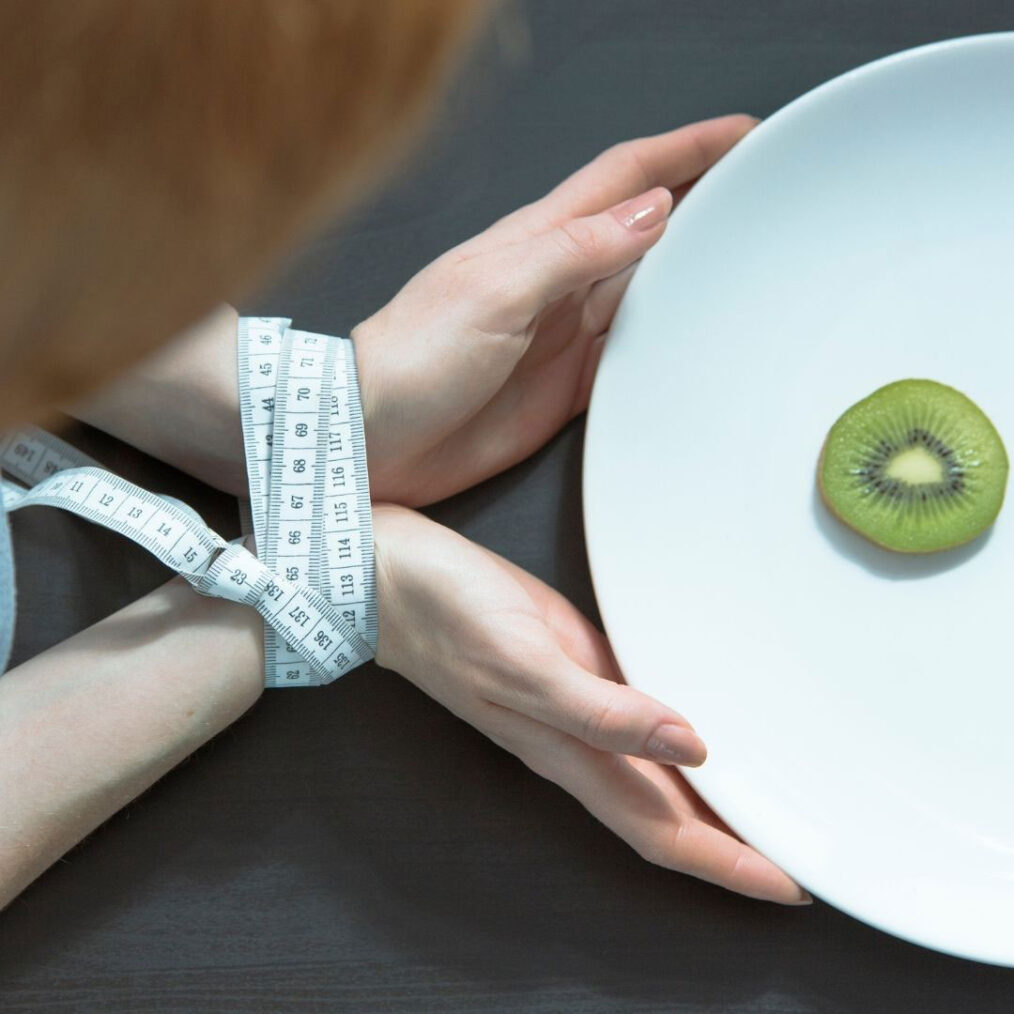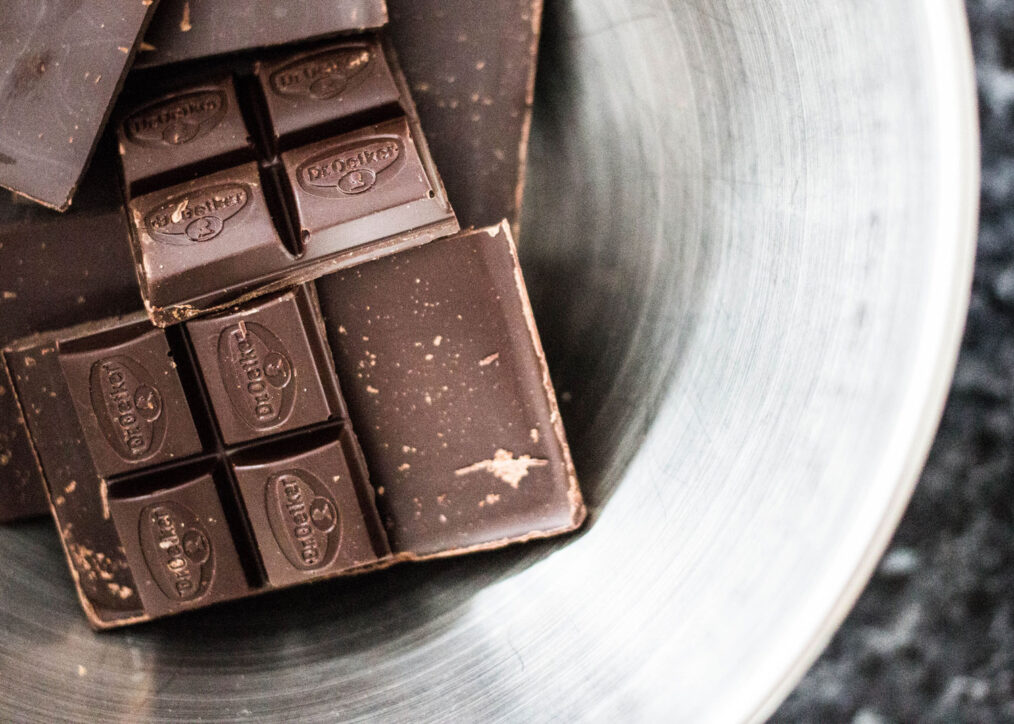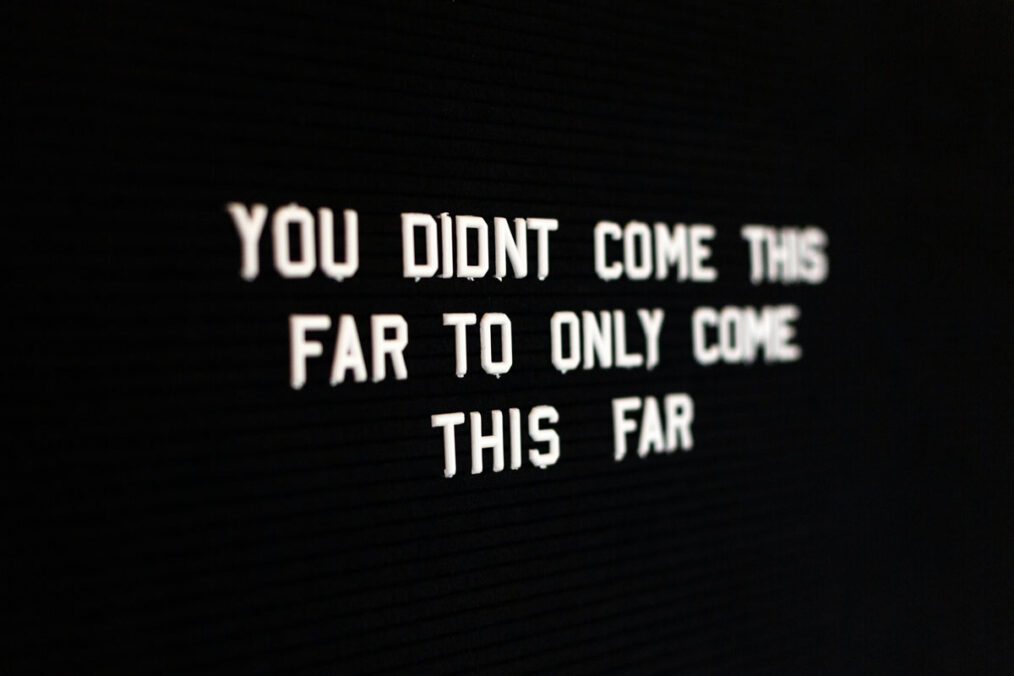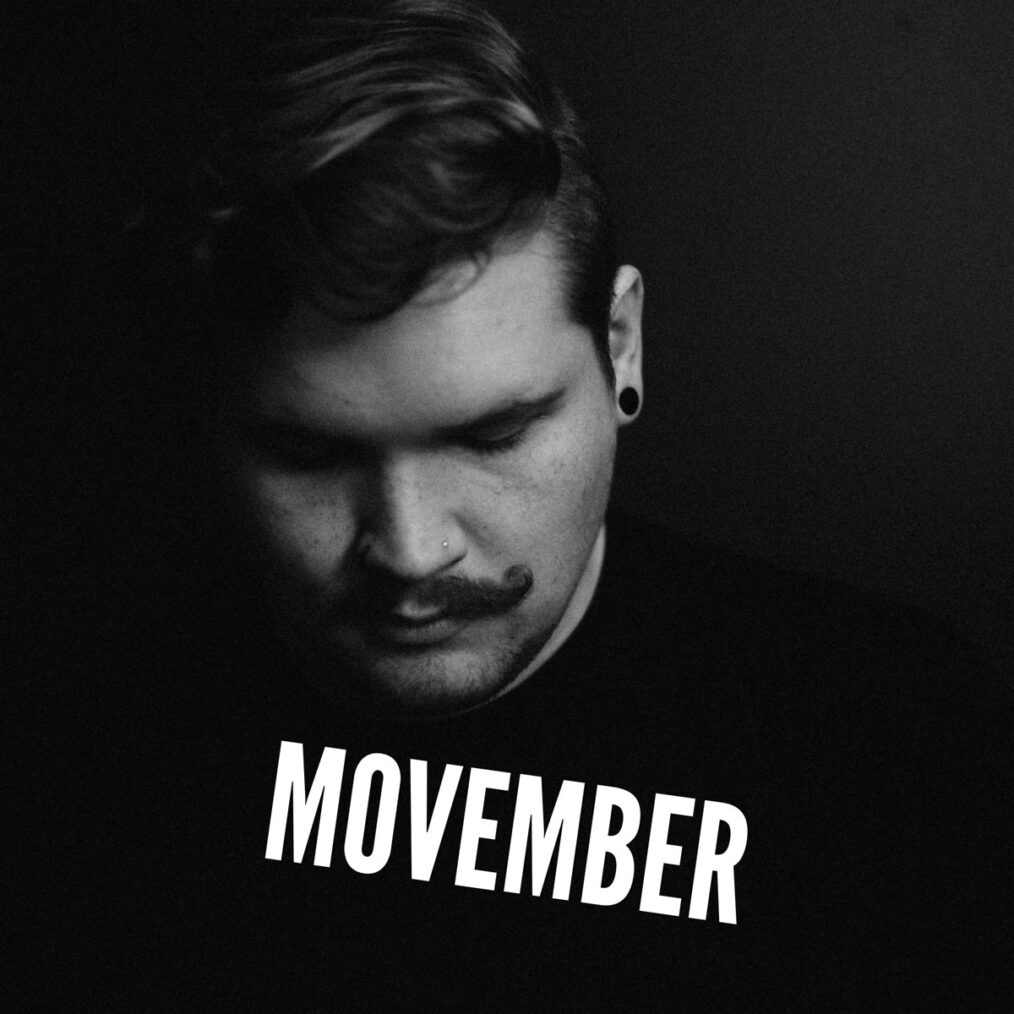Why do we do it?
Most people experience some level of compulsive eating – those who don’t are the exceptions. So what causes it? The first is physiological: low blood sugar drives us to seek out fast releasing energy – this is a very strong survival mechanism that is hard to resist. In a similar way, if we are deficient in essential fats, our bodies will seek out fatty foods. And we can also get hooked on the feel good chemicals (adrenalin, serotonin, etc.) that some food and drink release in us. The brilliant thing is that improving our diets from the nutritional perspective will help with a lot of our cravings – freeing us from the need for willpower. However, we still need to address any remaining cravings and urges to overeat.
Achieving long-term health and energy is a balancing act. Quite simply, what you put into your mind may have as much of an impact as the food and supplements you feed your body.
Many studies have been conducted on the mind-body connection. What we know for sure is that a positive attitude works – when we remember to nurture it.
The email comes out at noon. “To celebrate your hard work this week, there is cake and ice cream in the big kitchen at 3 today. Be there!”
Few things go together like chocolate and Valentine’s Day. It’s true, giving and receiving chocolate has become one of the most popular ways to commemorate the day of love.
If diet and weight are as important to health and wellbeing as experts believe, Irish men need to make changes to what they eat and how often they exercise. The statistics make interesting reading, First, an estimated 27.7 percent of Irish males aged 20-74 years are obese. By comparison, obesity affects 19 percent of Australian men, 12 percent of French men and only 3.6 percent of Japanese. Second, the average lifespan of Irish men is 74.9 years, (Japan 77.8) of which an estimated 8 years are lived in ill-health (Japan 6.5).
Leap into the New Year with real resolutions – and make them stick!!!
On 1st January across the world, millions of us make lofty promises to ourselves. We’ll get healthy, go to gym, drink less wine and eat more greens. We plan to be perfect.
By February, most resolutions are gathering dust as we shake off the holidays and wrestle with the reality of work, friendship, parenthood and bills. It doesn’t happen to me so much these days because I have the skills to coach myself out of it but is this your reality?
Are you prone to piling on the pounds over the festive season…
It’s normal to want to indulge over Christmas, but the number of people joining diet clubs and gyms in January speaks volumes about how many regret their festive binges.
Hey, would you like to come to this place, spend the evening at that place, have a mince pie, sausage roll, egg nog, mulled wine, taste my world-beating Christmas cake…?
And you’ll go because you can’t resist. You’ll feast like you’ll never see another meal, and you’ll consume frightening amounts of festive tipples because otherwise you’ll be missing out on all the fun, right?
FOMO – shorthand for Fear Of Missing Out – is the acute and often unjustified belief that everyone is having way more fun than you, and that you’re somehow being left out of all the said fun. And it reaches its annual high any day now.
It’s meant to be ‘the most wonderful time of the year’ but the pressure of the Christmas can often mean a stress overload. Here’s what to do about it.
Though you look forward to it all year, when Christmas arrives the experience can be pretty overwhelming. Trying to get everything ready in time can be incredibly stressful, especially for women – a third of whom feel more stressed in December than any other month, according to research. And small wonder, money worries, family tensions, pressure to socialise, and over-excited children on a sugar high is hardly a recipe for success. And, if you struggle to stay at your happy weight or often turn to food as a way of coping or rewarding yourself, being surrounded by treats and snacks over the Christmas rarely has a happy ending.
It’s “Movember”, that time of year where normally clean-shaven men start sprouting moustaches – with varying degrees of success. “Movember” is the leading charity for men’s health worldwide. Every year – in November – it raises awareness of men’s health issues by encouraging men to grow a moustache, move more for the 30 days of the month (at least) and run men’s health charity events at work and in their social circles. The charity funds research and education about men’s health issues, focussing primarily on suicide prevention, prostate and testicular cancer.










